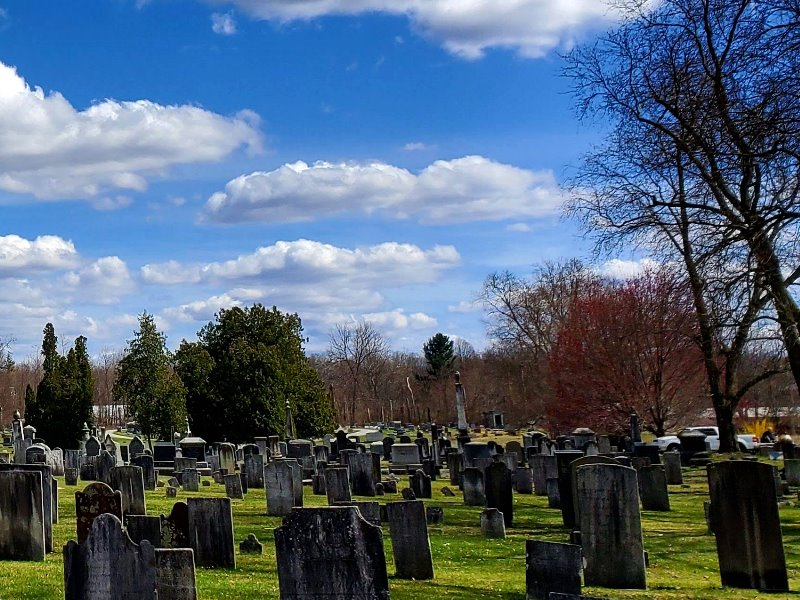
02.28.21
-Fredrick Douglas
It is easier to build strong children than repair broken men.
Not about That Life

I have had former students die. While at this job, it has been accidents involving dirt bikes. A car hit one. Another ran into a pole at too high of speeds. Neither wore a helmet.
I have had students charged with murder. One as revenge. One, a brutal double slaying for his gang. One was just present when the man whose home he was burglarizing shot his housemate to death while threatening to kill my former student--that, according to the state of New York, is as good as holding the gun.
He is my first murdered student of my tenure. Given that I deal with kids whose lives are often on the street, who devote themselves to the thug life and gang warfare, who exclusively listen to music that all but orders their deaths, it is maybe not much of a surprise. Or, if it is, the surprise is that it didn't come sooner.
But not this kid. My student, whom I will call J, wasn't like that. In fact, this was so much the case that an inside joke among us is that I once told him off-handedly, "You're not about that life," a sentence he would repeat back to me with a smile at least a few times a week. Though this is student has been gone from my facility years, the odd student who never met him will sometimes say that. Strange things get passed down through generations of my students.
I taught this kid for a few non-consecutive stints starting when he was twelve. I have no solid idea why he was sentenced to my facility, though I suspect it was minor theft and equally minor fighting. He grew up with us, but never very much. Even in the picture the news uses when discussing his death, he is baby-faced and round cheeked. I do not struggle to imagine him saying still, "You're not about that life, Mr. Q."
I don't know his killer's motive. It wouldn't matter. J won't be less dead for it. I still want to know why he was shot and left to bleed out. I want to know that this person thought it made a lick of sense to point a gun at little J, let alone pull the trigger. Even the demographics of the killer only complicate the narrative I try to build.
There is no way that my J deserved a violent death. I can't pretend that a boy who has gone through juvenile detention at least three times is blameless in all things, but that doesn't matter. He may have tried to get more involved in being street, in being about that life, even though he looks like some darling cherub who should be charming girls with his goofy smile.
When he left his last time, it was with notes and certificates assuring each of the education staff that we had treated him well and helped him. My supervisor still has his card taped to the wall of his office. He thanked us for teaching him to read, though we never managed to get far with that. I do not expect that his reading progressed in his years without us. Still, our kids rarely see a need to thank us for anything. We are akin to jailors to them and they do not, for the most part, respect the idea of education.
The image of J ignored in the street, his blood leaving him by the pint, haunts me. He did not deserve that death, to lose his life violently. He did not deserve to be ignored on a December night street until he had begun to grow cold. It was not, in my imagination, a quick death. How I see it, J had enough time to think about what had happened and be sorry. Inarticulably sorry for everything that had happened to that point. It was, I know, a clear night, so he may have seen stars before dying. I can't give him back his life, but I can envision for him this brief clarity.
last watched: Captain America: The First Avenger
reading: Lolita: The Annotated Edition